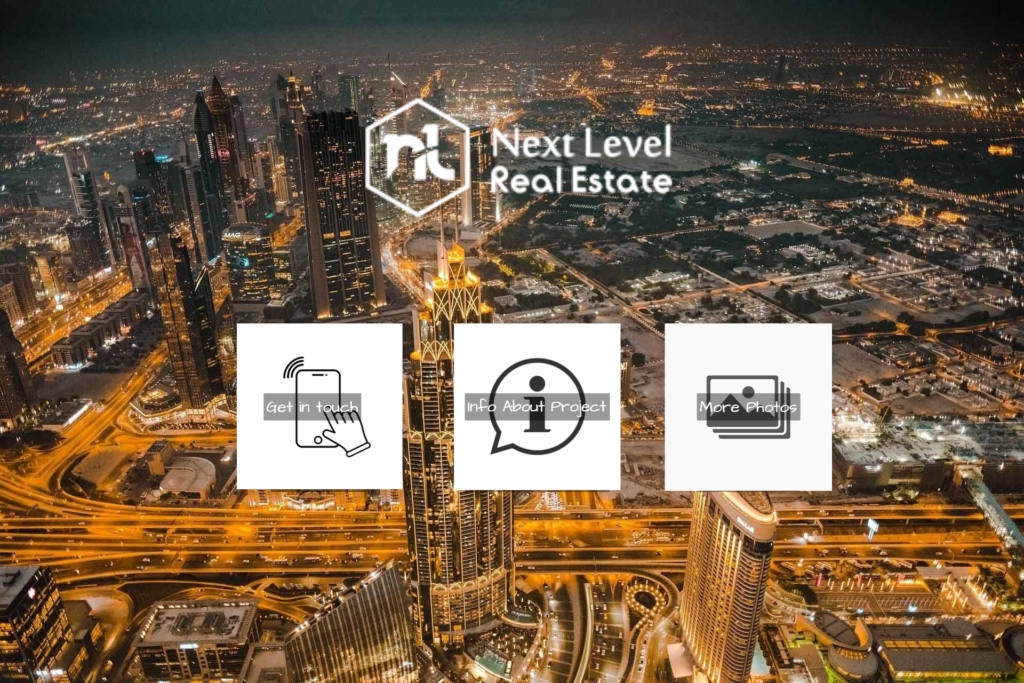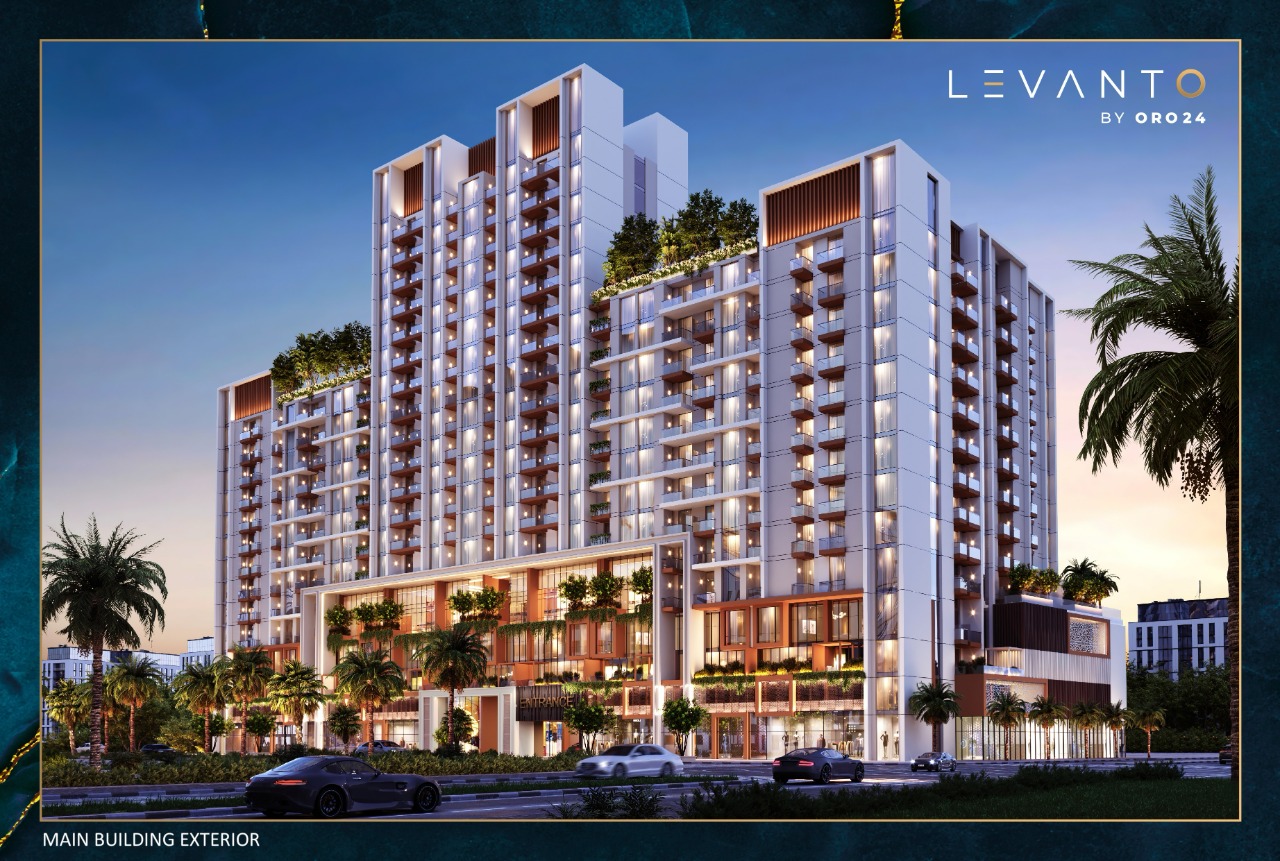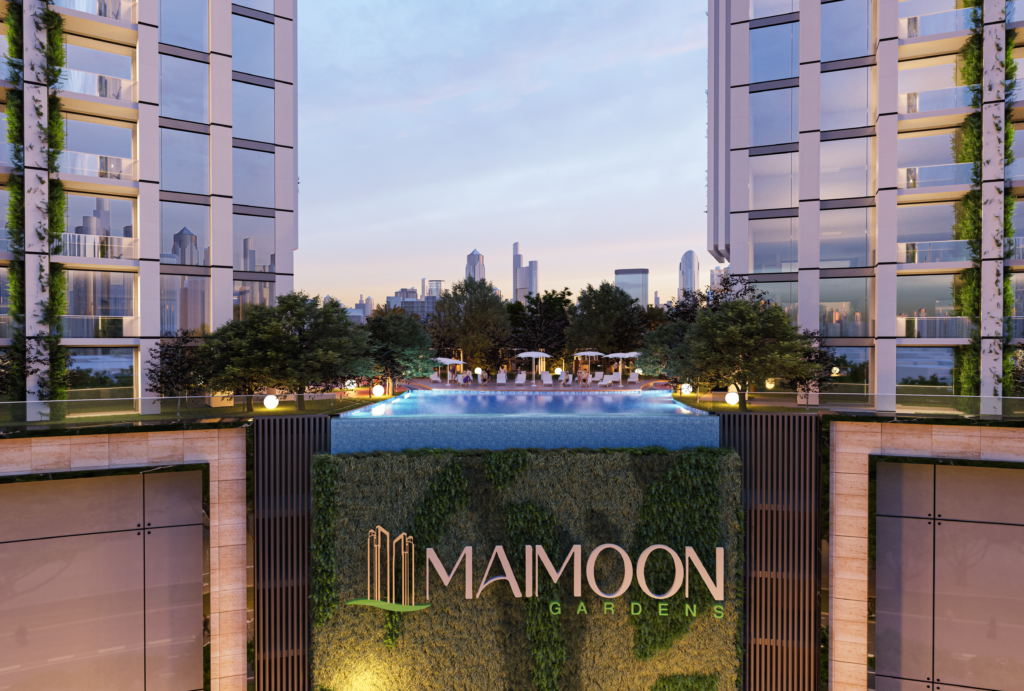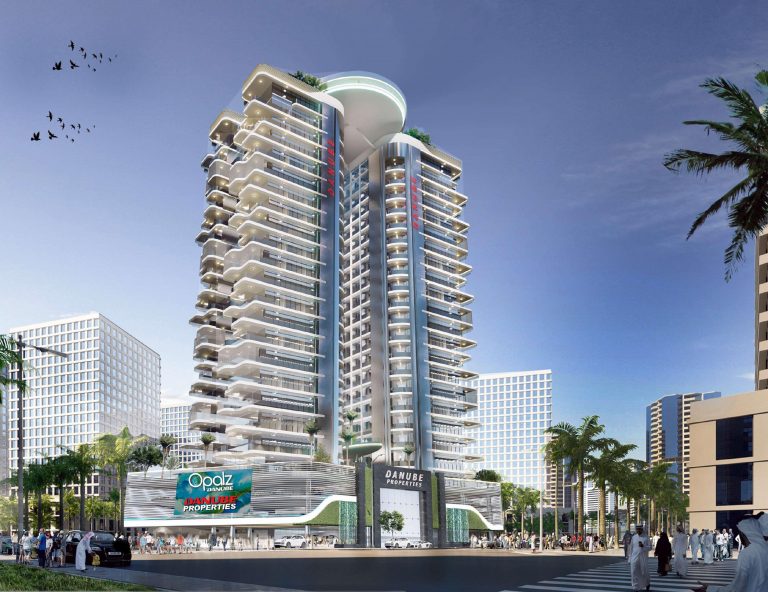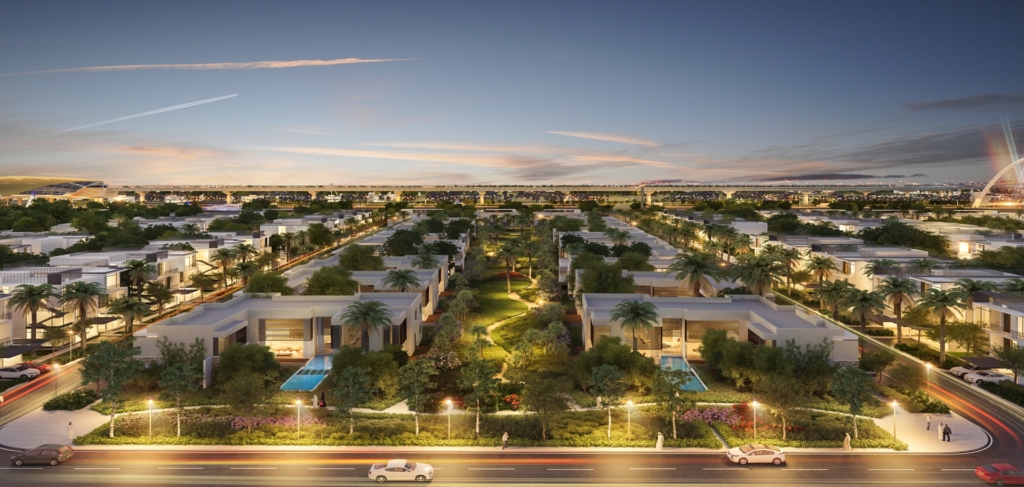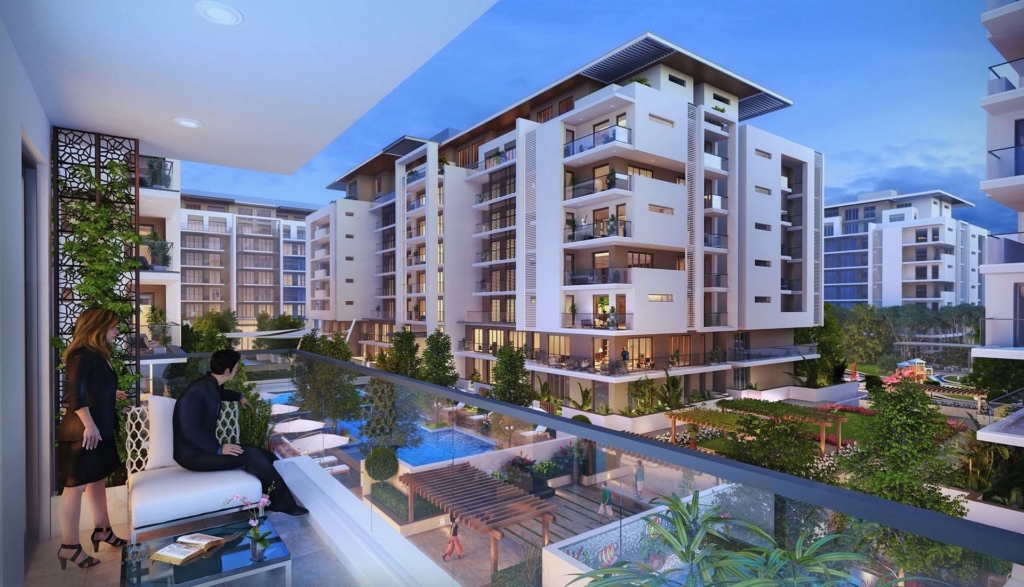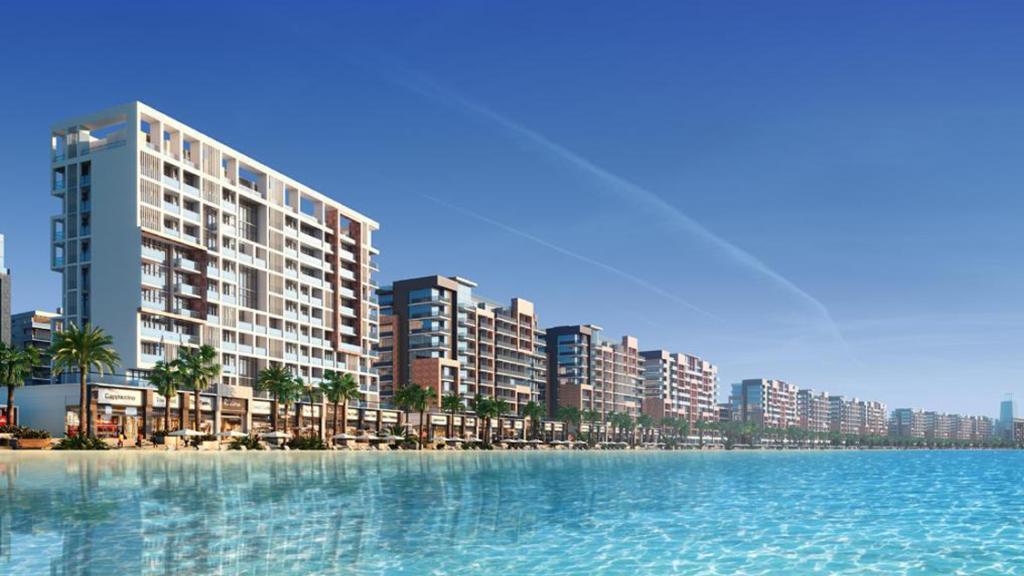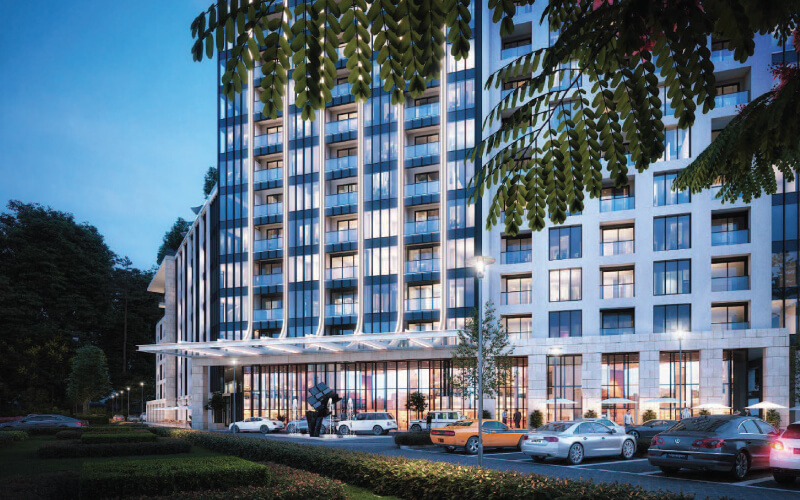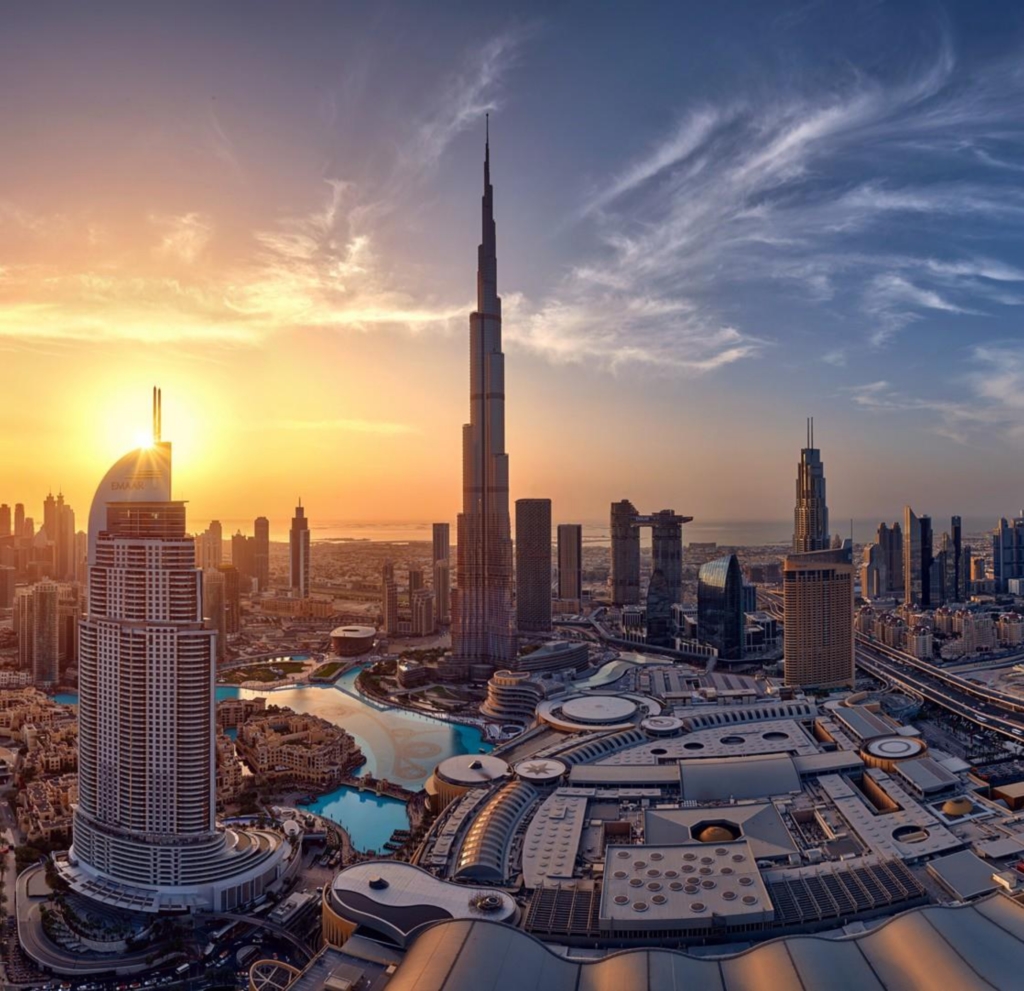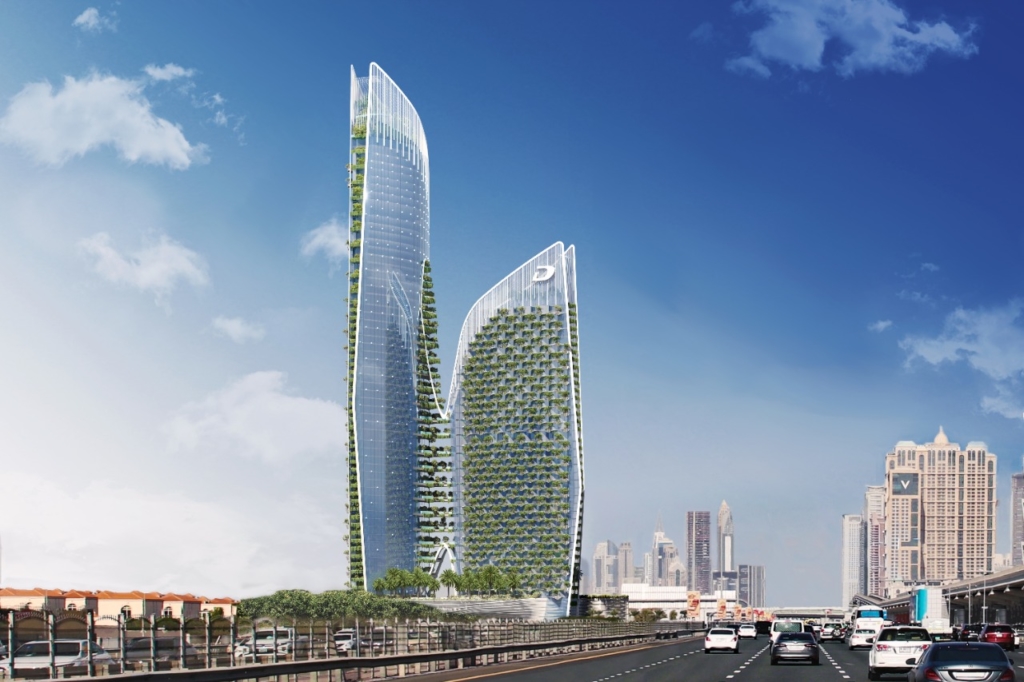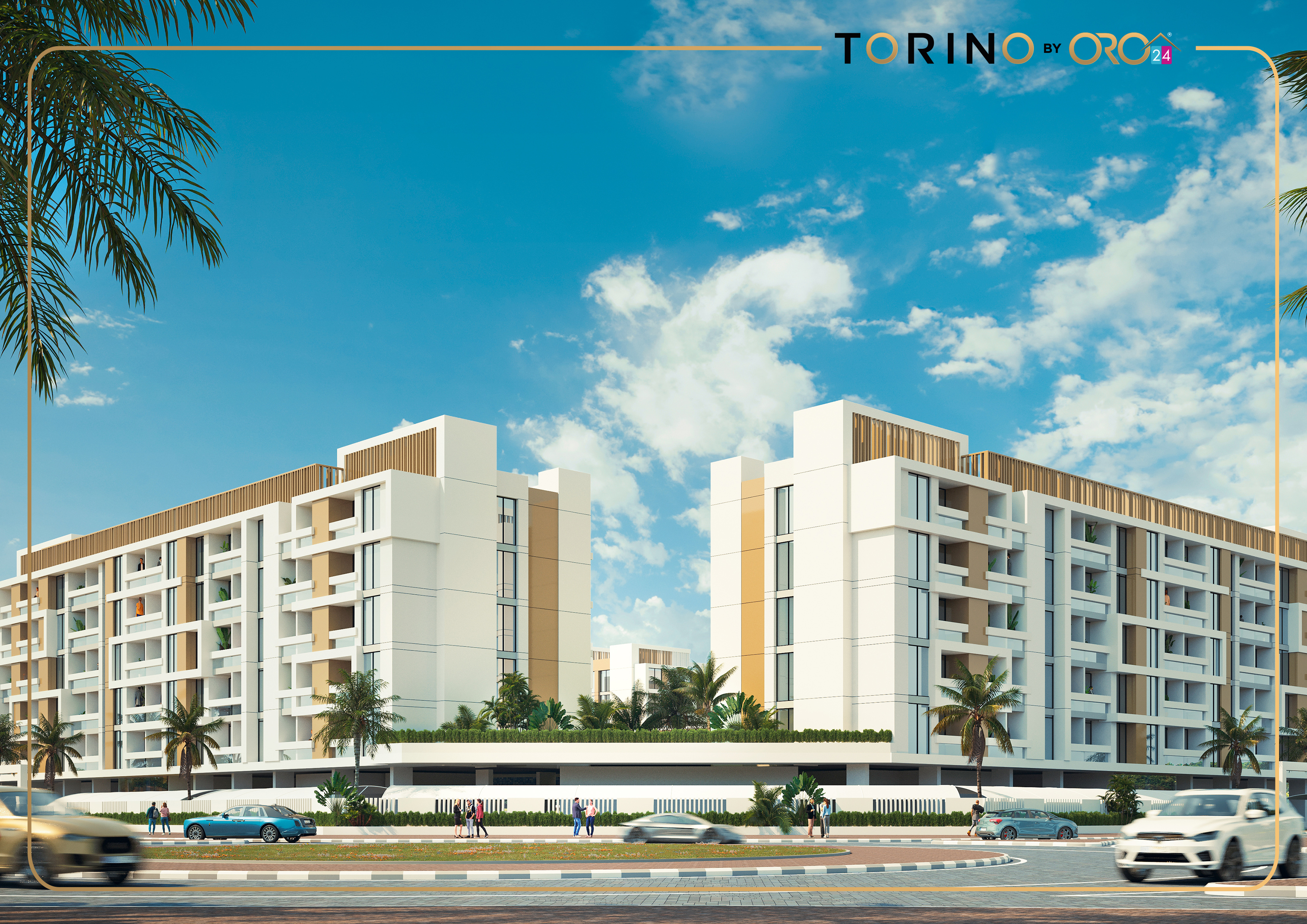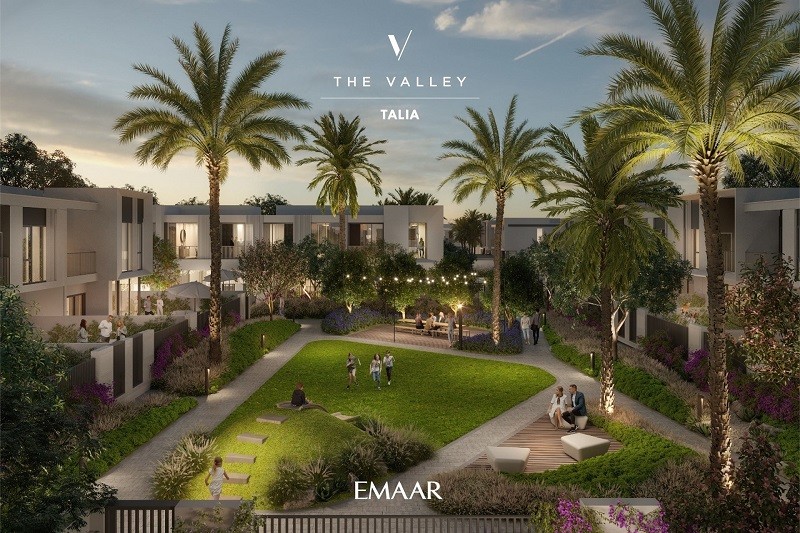Dubai is home to a significant expatriate community from the United States, with approximately 40,000 Americans currently residing in the city. This demographic contributes to the overall population of Dubai, which stood at 3,646,010 as of December 2023, with a population density of approximately 762.6 people per square meter in the urban area.
Moving from the USA to Dubai promises an exciting adventure, rich cultural experiences, and a modern lifestyle with diverse job opportunities. This guide simplifies the transition, offering practical insights into navigating visas, adapting to the work scene, embracing vibrant traditions, and settling smoothly into this cosmopolitan city. Whether you’re exploring career options, navigating everyday life, or savoring the unique food scene, this guide is your blueprint for a successful and fulfilling journey. Dive deeper into the specifics of your relocation with our dedicated section on essential aspects like legal requirements, financial planning, healthcare, education, and immersing yourself in Dubai’s dynamic culture.
Obtaining the Right Visa
Moving to Dubai from the United States involves navigating through various legal requirements. The most crucial aspect is obtaining the right visa. As a US citizen, you can enjoy a visa-on-arrival at the Dubai airport for stays shorter than 30 days. However, for long-term residence, you’ll need a valid UAE residence visa.
Visa Types:
Visa Types in Dubai offer a comprehensive range to cater to various needs, ensuring a diverse expatriate population.
Work or Employment Visa:
This crucial visa is issued by the sponsoring company, placing responsibility on the employer for all visa-related processes, including the acquisition of residency permits. The employer takes charge of ensuring compliance with the necessary legal formalities, making it a seamless process for the employee.
Issued by your sponsoring company
All visa-related arrangements, including residency permits, are handled by your employer.
Dependent Visa:
Designed to promote family unity, the Dependent Visa enables expatriates to sponsor their spouses and dependent children. Monthly income requirements come into play, with specific variations based on whether accommodation is provided or not. For instance, if the expatriate’s adult children are sponsoring the residence visa, they must meet a higher monthly income threshold.
Allows sponsorship of spouses and dependent children.
Monthly income requirements apply, with variations for accommodation provision.
Student Visa:
Tailored for those pursuing education in the UAE, the Student Visa is a vital component of the country’s commitment to providing quality education to a diverse student body. It remains valid only during the period of study, ensuring that students comply with visa regulations while pursuing their educational endeavors.
- Available for students registered at UAE educational institutes.
- Valid only during the study period.
Investor Visa:
Entrepreneurs seeking to establish their businesses in Dubai can opt for the Investor Visa, which involves an application process through one of Dubai’s many free trade zones. This visa category encourages foreign investment and promotes the growth of a vibrant entrepreneurial ecosystem.
- For entrepreneurs starting businesses in Dubai.
- Application through free trade zones.
Relevant: Get 10 year Long-term Golden Visa Residency Permit
Property Owner Visa:
Offering a renewable residence visa, the Property Owner Visa targets individuals who own real estate in Dubai. This visa type aligns with the emirate’s vision to attract property investments. Expatriates investing in property find this option advantageous, providing a sense of stability and long-term residency.
- Renewable residence visa for property owners in Dubai.
Required Documents:
- Educational documents: Degree certificates attested in the USA.
- Marriage certificate: Attested in the USA.
- Passport-size photographs: Essential for various official documents.
Figure Out the Legal Requirements to Move to Dubai
Dubai has become a top destination for expats and digital nomads, attracting individuals with its quality of life, career prospects, and tax advantages. Relocating to the UAE requires meticulous planning and research to navigate through visa processes and potential pitfalls. Here’s a step-by-step guide to understanding all the requirements for a successful move to Dubai.
Step 1: Ensure Your Paperwork Checks Out
Visa Types:
- Job Seeker Visa: Explore job opportunities for up to five years.
- Standard Work Visa: Apply for residency through an Emirati employer or an EOR visa sponsorship.
- Green Work Visa: Sponsor yourself as a sole proprietor or skilled worker, meeting minimum income requirements.
- Virtual Work Visa: Obtain a one-year visa as a digital nomad earning at least $3,500 USD per month.
- Golden Visa: Special long-term, renewable visa for specialists without sponsorship requirements.
Relevant: How much is the UAE Job Seeker Visa Fees?
Visa Sponsorship:
For standard work visas, Emirati employers handle sponsorship. Ensure smooth processing by providing required documents promptly.
Checklist of Essential Documents:
- Passport (machine-readable, valid for at least six months, with photocopies).
- Passport-sized photos (specific measurements).
- Visa application form, accessible online.
- Proof of employment (signed job offer letter or valid employment contract).
- Freelance permit for self-employed individuals.
- Attested educational certificates.
- Medical records (clean bill of health for those over 18).
- Police clearance certificate.
- Marriage and birth certificates (if relocating with family).
- Financial records for certain visa applications.
- Insurance documents showing proof of travel insurance and medical coverage.
Authentications and Translations:
- Attestation of documents originating from other countries.
- Translation of documents into Arabic, if required.
- Failure to provide authenticated and translated documents may lead to delays or rejection of visa applications.
Flight Cost from major cities of us
- Dallas/Fort Worth to Dubai Intl = $673
- Boston Logan Intl to Dubai Intl = $687
- Los Angeles to Dubai Intl = $699
- Boston Logan Intl to Dubai Intl = $722
- New York John F Kennedy Intl to Dubai Intl = $730
Step 2: Consider Finances
Cost of Living:
- Housing costs start at around $1,200 per month for a one-bedroom apartment in the suburbs.
- Utilities, retail, daily expenses, and transportation considerations.
Banking and Currency Exchange:
- Opening an Emirati bank account requires a passport, visa, and proof of address.
- Currency exchange is straightforward, with a fixed rate of $1 USD to 3.67 Dirham.
Taxes:
- UAE offers favorable tax advantages with no income tax on individuals and low VAT rates.
- Check for double taxation agreements between the UAE and your home country.
Step 3: Secure Housing and Accommodation
Renting vs. Buying:
- Consider whether to rent or buy, keeping in mind flexibility and upfront costs.
- Foreigners can explore real estate in freehold zones for expat accommodation
Finding Suitable Housing:
- Hire an estate agent or use notable online platforms.
- Ensure proper registration of rental agreements with authorities.
Step 4: Seek Employment and Career Opportunities
Job Market Overview:
- Diverse job market with opportunities in various industries.
- Research job opportunities aligned with skills and interests.
- Utilize familiar job sites like Indeed and LinkedIn.
Work Culture:
- Blend of modernity and tradition in Dubai’s work culture.
- Respect for experienced members, with a standard work week from Sunday to Thursday.
Step 5: Arrange Healthcare and Education
Healthcare System:
- Mandatory health insurance for all residents, subsidized by the state.
- Research and consider additional insurance policies for comprehensive coverage.
Education Options:
- Wide variety of schools catering to expats, offering curricula from different countries.
- Enroll children by preparing necessary documents, including birth certificates and visas.
Step 6: Blend into the Culture
- Embrace multiculturalism and learn about Islamic practices.
- Dress conservatively when entering religious or government buildings.
- Familiarize yourself with dining etiquette and language basics.
Step 7: Stay Safe and Secure
- UAE boasts a low crime rate with high-tech security measures.
- Familiarize yourself with emergency contact numbers.
- Enjoy the safe and family-friendly environment of the UAE.
Life in Dubai
Dubai, a city synonymous with luxury, innovation, and a burgeoning expatriate community offers a unique and dynamic lifestyle that attracts people from around the globe. From its vibrant work environment to its diverse weather patterns, safety measures, and the intricacies of managing the cost of living, here’s a comprehensive exploration of life in Dubai.
Work Environment:
Dubai’s work environment is a melting pot of diverse opportunities, reflecting the city’s status as a global business hub. The city is home to multinational corporations, startups, and entrepreneurs, offering a wide range of industries to explore. Whether you are in finance, technology, hospitality, or any other sector, Dubai’s job market is competitive yet rewarding. Researching average salaries in your industry is crucial for effective budget planning, ensuring you can enjoy the city’s lifestyle while managing your expenses wisely.
Weather:
Dubai’s climate is characterized by hot summers and mild winters, typical of a desert environment. Summers can be particularly intense, with temperatures soaring. It’s essential to be prepared for temperature extremes and to embrace the prevalence of air conditioning, which may result in cold indoor spaces. Winters bring relief with pleasant temperatures, making it an ideal time for outdoor activities and exploration. Understanding and adapting to the weather patterns will enhance your overall experience in this dynamic city.
Safety:
Dubai is renowned for being one of the safest cities globally, with low crime rates and a robust security infrastructure. However, it is crucial to adhere to local regulations and customs to ensure a seamless and secure experience. Respect for the laws, cultural norms, and traditions is paramount. Dubai’s commitment to safety extends to its well-maintained public spaces, efficient emergency response systems, and community policing, creating an environment where residents and visitors feel secure in their daily lives.
Cost of Living:
Managing the cost of living in Dubai requires careful consideration of various factors. Housing costs, schooling expenses, transportation, and general day-to-day expenditures should all be factored into your budget. Accommodation costs can vary significantly based on preferences, with options ranging from apartments to luxurious villas. Schooling expenses are a consideration for expatriates with families, as Dubai boasts a plethora of international schools offering diverse curricula. Understanding the overall cost of living landscape is essential for financial planning, allowing you to enjoy Dubai’s lifestyle without financial strain.
Women’s Position in UAE: Navigating Modernity and Tradition
In the bustling metropolis of Dubai, a juxtaposition of modernity and tradition shapes the experiences of its residents, particularly concerning the position of women. While Dubai is undoubtedly a global city with a progressive outlook, it is essential to navigate cultural norms and respect local customs to foster harmonious coexistence.
Dubai, as a city, embraces modern values, offering women various rights and opportunities. Women in Dubai can drive, work, pursue education, and engage in numerous activities. The legal framework in the United Arab Emirates (UAE) supports gender equality, with laws aimed at preventing discrimination based on gender. Women have made significant strides in the professional sphere, occupying prominent roles in sectors such as finance,
healthcare, and education.
Related: Is Dubai Safe For Women Living Alone?
However, it is crucial to be aware of and respectful towards local customs. While Dubai is more liberal than some other Middle Eastern cities, cultural traditions still play a role in shaping societal expectations. Dressing modestly, particularly in religious or government buildings, is appreciated. Understanding and respecting these nuances contribute to a more seamless integration into the local community.
Related: Life of Working Women in Dubai
Food and Household Goods in Dubai:
Dubai’s culinary scene is as diverse as its population. The city caters to a wide range of tastes, making it a haven for food enthusiasts. From traditional Emirati dishes to international cuisines, Dubai’s restaurants and eateries offer a gastronomic journey. American and international brands are readily available, ensuring that residents can easily find familiar foods. Supermarkets stock a variety of products, including imported items, allowing expatriates to maintain their dietary preferences. The accessibility to a global array of culinary options enriches the overall lifestyle experience in Dubai.
Banking in Dubai:
Establishing a local bank account is a practical step for anyone living in Dubai. Local banks play a central role in processing transactions, including salary deposits. Opening an account provides convenience in managing day-to-day financial activities. The process of opening a bank account in Dubai is straightforward, typically requiring documentation such as a passport, visa, and proof of address. Embracing local banking practices enhances financial efficiency and ensures seamless integration into the city’s economic landscape.
Related: Top Investment Banks in Dubai
Cuisine in Dubai:
Dubai’s culinary scene reflects its cosmopolitan nature, offering a tapestry of flavors that cater to diverse preferences. Exploring local Emirati dishes introduces residents to the rich heritage of the region. Traditional dishes like shawarma, falafel, and various kebabs coexist with international cuisines served in world-class restaurants. The dining experience in Dubai extends beyond flavors to encompass the ambiance of iconic dining establishments, adding to the city’s allure as a global culinary destination.
Gender Equality in Dubai:
Dubai stands as a beacon of progressiveness in the Middle East, actively promoting gender equality. Women in Dubai have the opportunity to pursue education, build careers, and contribute significantly to various sectors of society. The government has implemented policies and initiatives to empower women, recognizing their vital role in the nation’s development. Women hold key positions in fields such as business, government, and education, contributing to the overall dynamism of Dubai’s evolving landscape.
Authentications and Translations:
Moving to Dubai necessitates meticulous attention to document authentication, a process critical for legal compliance. This is particularly true for documents like educational and marriage certificates. Ensuring that these documents are properly authenticated is essential to avoid delays and complications in the visa application process.
Dubai’s authorities mandate the authentication of documents originating from other countries. This involves verifying these documents through relevant government services or the nearest UAE embassy. In some cases, dual authentication may be required, involving the authentication of documents in both the home country and the UAE, especially for documents like degree certificates.
Additionally, translation of documents into Arabic is often required, even if the expatriate is fluent in both languages. Seeking the services of professional translators is advisable to guarantee accuracy and compliance with local regulations. Failure to provide duly authenticated and translated documents can result in setbacks, potentially leading to the rejection of the visa application, and necessitating a restart from the beginning.
Transportation
Dubai boasts a well-regulated and comprehensive public transport system, catering to various commuting needs. The city’s transportation infrastructure includes buses, a metro system, and a fleet of taxis. Understanding and utilizing these options can significantly enhance an expatriate’s mobility within the city.
The Dubai Metro, in particular, is a popular and efficient mode of transportation, connecting key areas of the city. Buses provide extensive coverage, reaching areas not serviced by the metro. Taxis are widely available and offer convenience, especially for more direct and personalized travel.
For those considering a more independent mode of transportation, obtaining a UAE driving license is a consideration. Navigating the process of acquiring a local driver’s license involves understanding the specific requirements and adhering to the local regulations. This can be particularly important for expatriates who plan to drive in Dubai, offering flexibility and autonomy in their daily travels.
Buying and Renting Homes in Dubai
The real estate landscape in Dubai offers diverse options for accommodation, whether one chooses to rent or buy. Researching the property market is crucial for making informed decisions aligned with individual preferences and budget considerations.
Renting is a common practice in Dubai, providing flexibility to expatriates, especially those on shorter-term assignments. Lease agreements typically require a commitment of one year. However, some landlords may offer more
flexible terms.
Related: 10 Tips to Know Before Buying Property in Dubai?
For those considering a more long-term commitment or investment, there are freehold areas in Dubai where foreigners can own property. These areas, designated as freehold zones, include popular locations like Business Bay and Dubai Marina. Understanding the regulations and restrictions related to property ownership is essential for expatriates considering this option.
Relevant: Dubai Property Market Performance in December 2023
Taxes and Pensions
Understanding the financial landscape, including tax obligations, is crucial for expatriates moving to Dubai. The UAE is known for its favorable tax system, with no income tax on individuals and low VAT rates. However, it is
essential to be aware of potential financial obligations to the home country.
Expatriates should explore whether there is a double taxation agreement between the US and the UAE to avoid redundant tax liabilities. The UAE Ministry of Finance provides information on the country’s current tax treaties, aiding expatriates in navigating these complexities.
Pension management is another facet of financial planning. Expatriates should understand how their pension contributions and withdrawals may be affected by the move. This involves consulting with financial advisors and relevant authorities to ensure a seamless transition in managing pension funds.
Healthcare in Dubai
Moving to Dubai involves a comprehensive consideration of healthcare, an area where the city excels with its world-class facilities. Understanding the intricacies of healthcare in Dubai is crucial for a smooth transition.
Health insurance is mandatory for all residents, including expatriates. This requirement ensures that individuals have access to quality healthcare services. Employers often cover a significant portion of their employees’ health insurance premiums, as mandated by the government. Expatriates should familiarize themselves with the coverage provided by their employer and assess whether additional policies are needed for comprehensive coverage.
Dubai’s healthcare facilities are renowned for their state-of-the-art infrastructure and services. The city boasts modern hospitals and medical centers equipped with advanced technology. While healthcare in Dubai is not free, the government heavily subsidizes medical costs. Expatriates should be aware of the medical services covered by their insurance policies and any potential out-of-pocket expenses.
Expatriates need to acquaint themselves with medication regulations in Dubai. Some medications may be subject to restrictions or require approval from relevant authorities. Understanding these regulations ensures that individuals can access necessary medications without interruptions.
Education in UAE
For expatriates with children, researching and planning for their education is a paramount consideration. Dubai offers a diverse range of schools and universities, catering to the city’s multicultural population.
International schools are a popular choice for expatriate families, offering curricula from various countries, including American, British, and Indian. These schools provide an environment familiar to students, facilitating a smoother transition into the education system.
Researching schools involves considering factors such as curriculum, facilities, extracurricular activities, and the overall learning environment. It’s advisable to visit potential schools, attend open houses, and engage with the school community to make informed decisions aligned with the educational needs of the children.
Dubai’s universities also host reputable international institutions, providing higher education opportunities for students. Expatriates seeking tertiary education options for themselves or their children can explore these
institutions, considering factors such as program offerings, accreditation, and campus facilities.
Average Salaries of Top Industries in Dubai
Understanding the average salary landscape in Dubai is integral to effective financial planning for expatriates. Researching average salaries in specific industries provides insights into income expectations, allowing individuals to budget and plan their finances more effectively.
Dubai offers a diverse job market with opportunities in various industries. Researching average salaries in one’s specific field provides a realistic perspective on earning potential. International companies often have a presence in Dubai, and expatriates may find opportunities with competitive compensation packages.
It’s crucial to consider the cost of living in Dubai when evaluating salary offers. Factors such as housing, schooling, transportation, and daily expenses contribute to the overall cost of living. Aligning one’s salary expectations with the economic realities of Dubai ensures a comfortable and sustainable lifestyle.
- General Manager = 35,000 AED
- Chef = 44,000 AED
- Doctor = 12,000 AED
- Engineer = 11,000 AED
- Digital Marketer = 14,000 AED
- Legal Assistant = 5,500 AED
- Domestic Worker = 1,830 AED
- Construction Site Worker = 35,000 AED
- Business Development Manager = 14,000 AED
- Tourist Guide = 4,250 AED
Emergency contacts
In case of an emergency, you can call the following numbers while anywhere in the UAE:
- 999 for Police
- 998 for Ambulance
- 997 for Fire Department (Civil Defense)
- 996 for Coastguard
- 991 for electricity failure
- 922 for water failure.
The Wrap Up
Moving to Dubai from the US is an exciting venture, and proper preparation ensures a smooth transition. Familiarize yourself with the local requirements, culture, and opportunities for a successful relocation. Moving to Dubai from the US is an exciting venture, but proper preparation and understanding of the local dynamics are crucial for a smooth transition.






